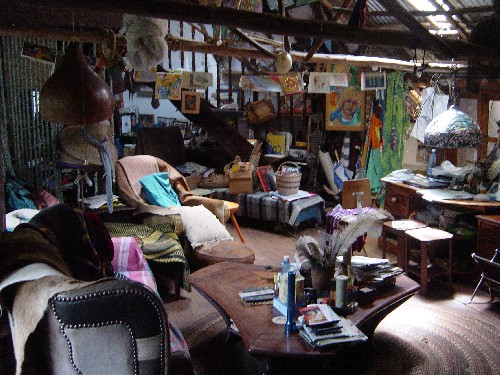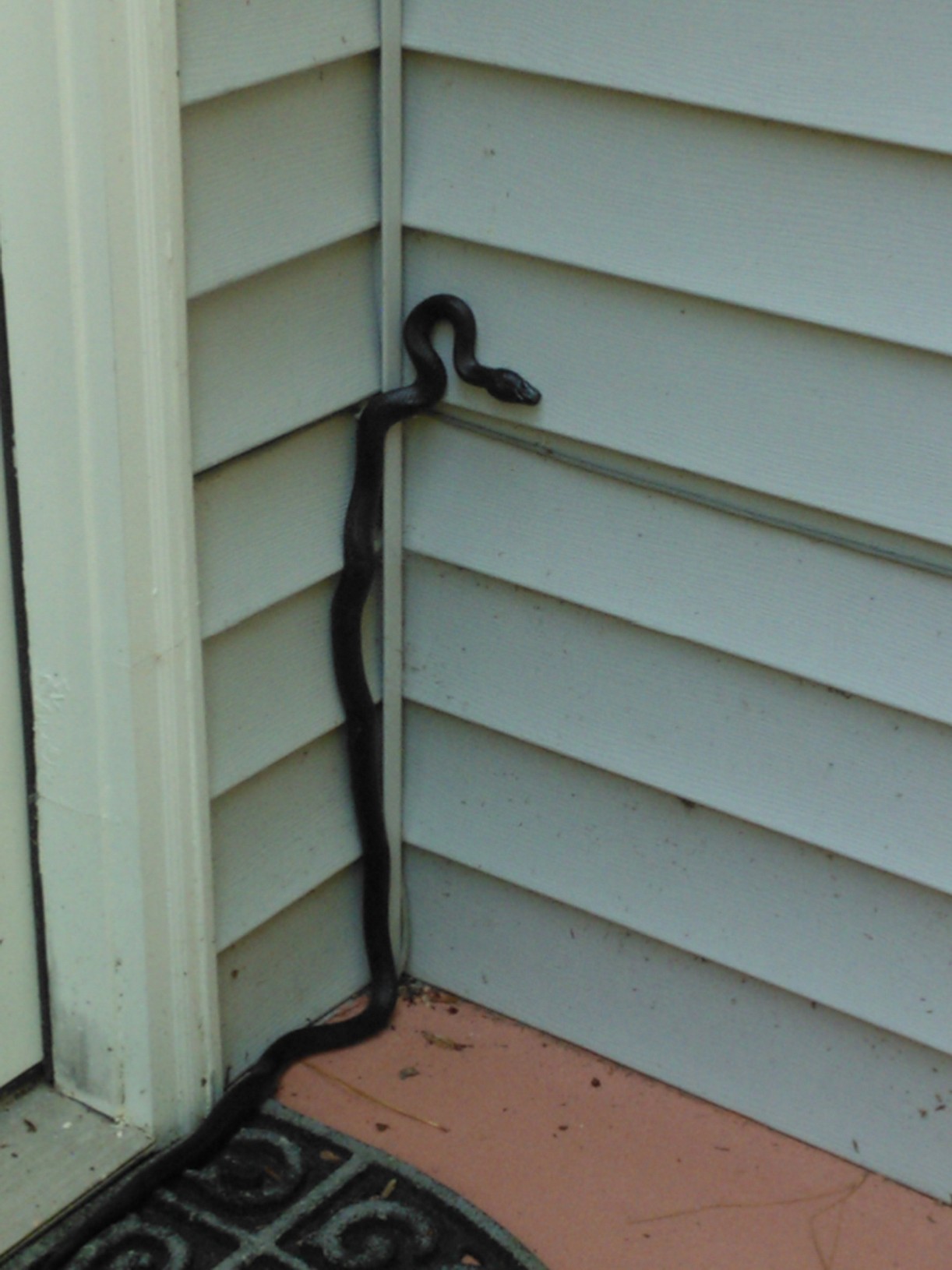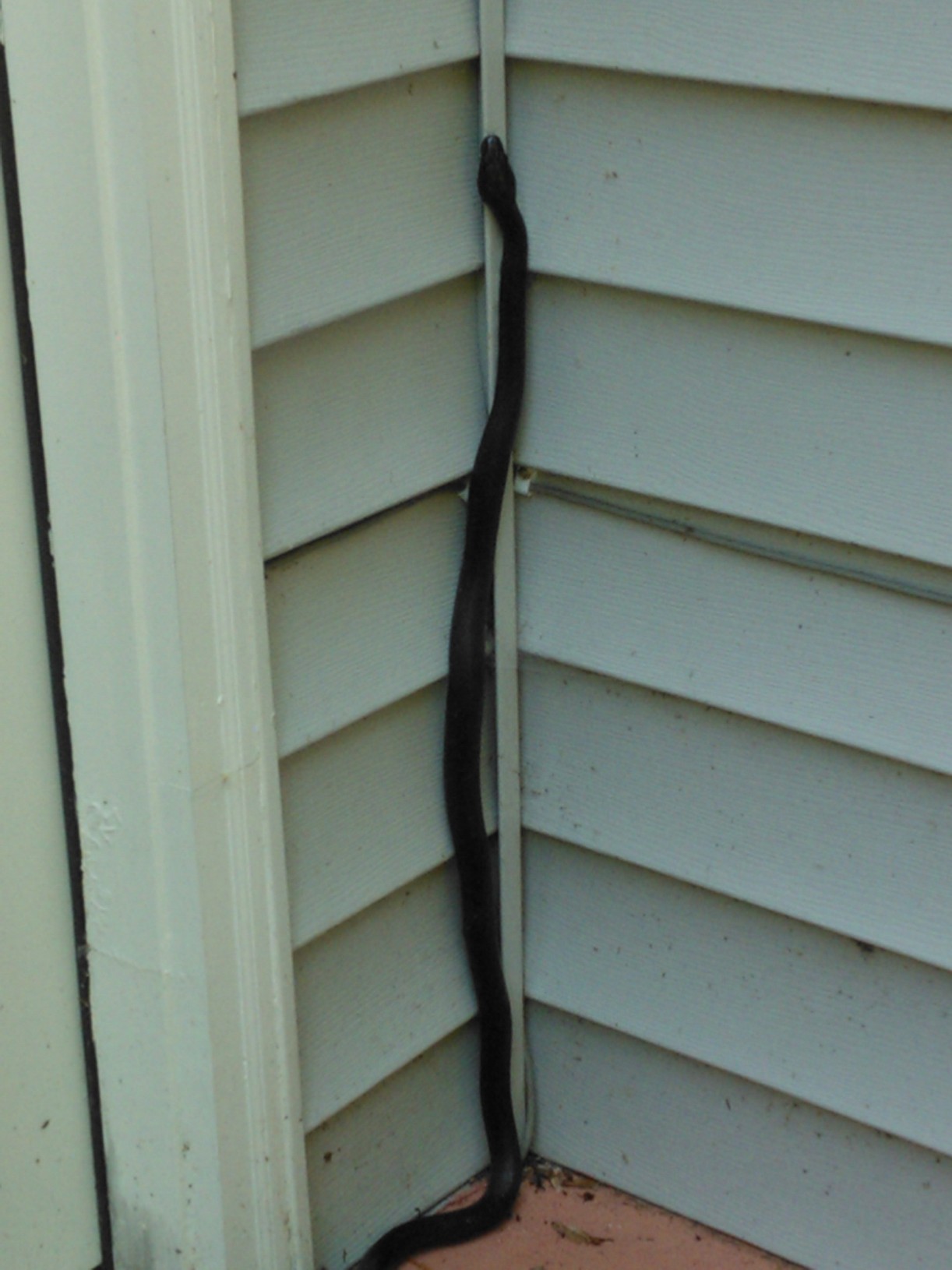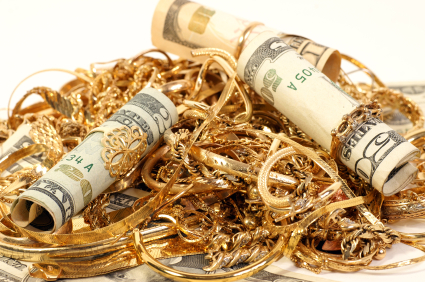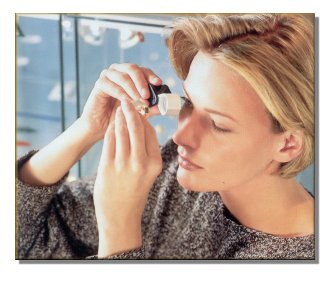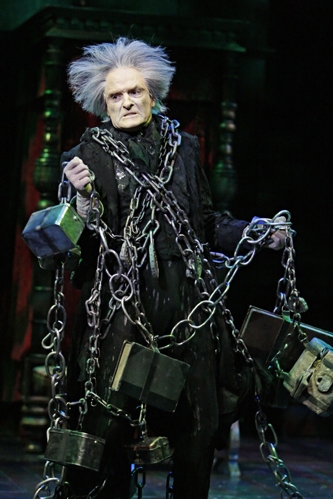Are you leaving a gift or guilt for your loved ones? A bounty or a burden? It’s time to think about it. Seriously.
Living or deceased, in about 90% of the cases I see, older adults are leaving a burden. This is not criticism, but merely an observation. I see older adults:
- not thinning out or downsizing
- not sorting through files from decades ago
- not having old business/company paperwork shredded
- not recycling magazines, catalogs, and newspapers that are piled high
- not going through boxes that were packed when they moved in years prior
- not sorting through closets which contain clothes not worn in years
- not sorting through family photos (which means the children won’t know who’s in them)
- not whittling down the kitchen’s abundance of glassware and cookware
In short, they are either unwilling or simply don’t have the energy to tackle this. In either case, there is always professional assistance available to help; first, you have to want to do this. Knowing human behavior, I think some of it is also avoidance.
If an older adult doesn’t want to do these things, what makes them think their kids or loved ones will want to do them?
I can tell you firsthand, they don’t.
We should start downsizing at 50 and keep doing a little each year, so what does pile up is manageable and never reaches that daunting level. Here’s the hard-hitting reality of this blog: if you don’t do it now, you are leaving an overwhelming task for your children or loved ones to handle after you leave this place. As a personal favor, please don’t do that.
One of the most horrible things I have ever heard is, “I’m leaving it for the kids to deal with. I won’t be here.” Many will consider this a very selfish way of thinking.
The children or loved ones we leave behind have very busy lives of their own. They may still have children to raise and a full-time job. They may be caring for other family members who are ailing. It’s also possible they are up in age and not quite able to do the cleaning out themselves. It is a task no one wants to tackle, especially when they happen to live 600 miles away and have to take time off work (often their personal vacation time) to clean out an estate.
If you could see what I see when they are in these homes putting in 110% effort with little progress, it is a sad sight to behold. The legacy one intends to leave is not the one the children actually feel. They feel sad, mad, and often have a dazed look on their faces as they complain that mom and dad had years to do this cleaning and never did.
“Why did they leave this for me?”
One of the very best gifts or legacy you could leave your loved ones, is to begin the process of whittling down and clearing out, even if you have to hire help, or find trustworthy volunteers to do it. You may not be there to see the relief and gratitude on their faces, but take it from one who knows. It makes all the difference in the world to them. They will truly appreciate your gift … and your legacy will live on.
©2014 The Estate Lady®
Julie Hall, The Estate Lady®, is the foremost national expert on personal property in estates, including liquidating, advising, and appraising. http://www.TheEstateLady.com She is also the Director of American Society of Estate Liquidators®, the national educational and resource organization for estate liquidation. http://www.aselonline.com.
No part of The Estate Lady® blogs, whole or partial, may be used without Julie Hall’s written consent. Email her at Julie@TheEstateLady.com.



